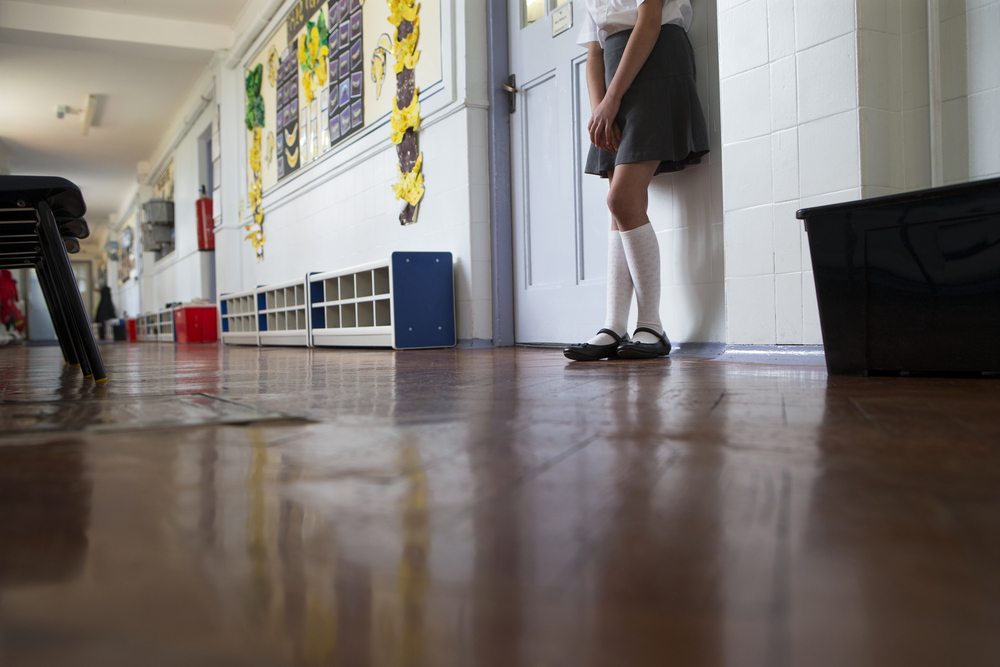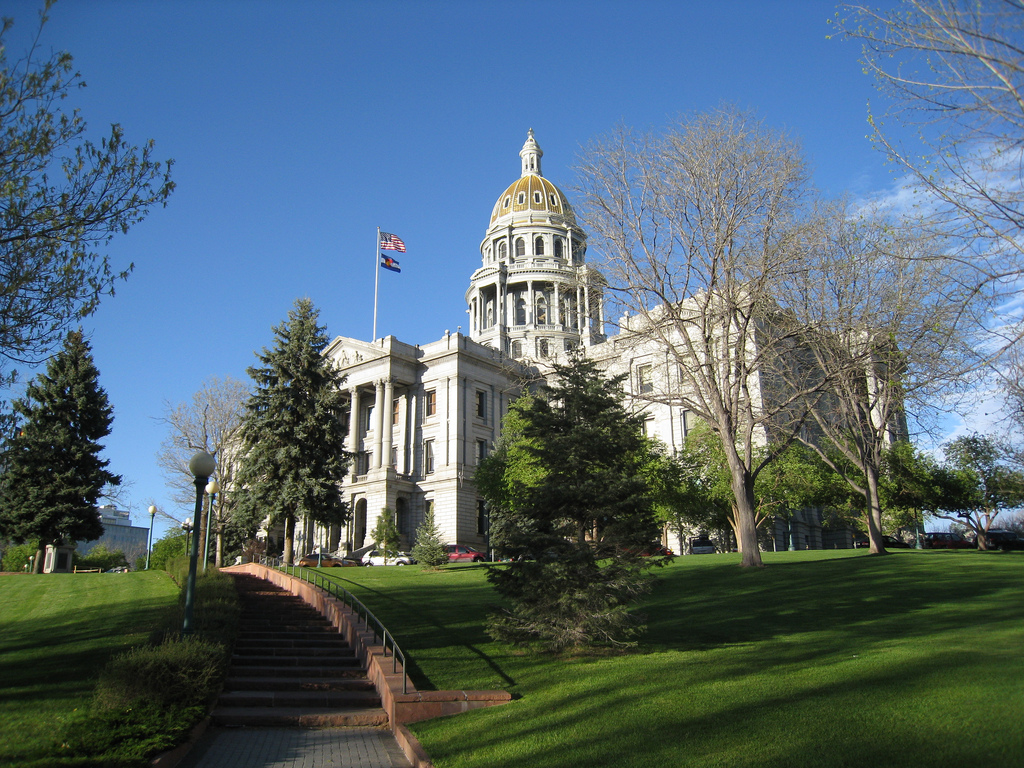On Tuesday, March 8th, the Florida Senate passed H.B. 1557, following its approval by the Florida House. It’s now just a signature from Governor Ron DeSantis away from becoming law. Opponents have labeled it the “Don’t Say Gay” bill due to a proposed, but withdrawn, amendment that would potentially require teachers to “out” LBGTQ+ students to their parents. Defenders of the bill argue that this is misrepresentation; Gov. DeSantis has framed the bill as defending the rights of parents to not have young children indoctrinated, and some defenders, including Gov. DeSantis’ spokesperson Christina Pushaw, have said the bill is about preventing “grooming” of children, insinuating that critics are pedophiles or enablers.
To get a better understanding of this measure, we should ignore the noise and go directly to its heart. What does the law actually say? Troublingly, not very much. The law is seven pages, two and a half of which are preamble. The law requires schools to develop policies on notifying parents of changes in their child’s “mental, emotional or physical health or well-being.” In addition, the bill forbids school officials from encouraging students to withhold information about these matters from their parents.
However, the lightning rod for controversy is this sentence:
Classroom instruction by school personnel or third parties on sexual orientation or gender identity may not occur in kindergarten through grade 3 or in a manner that is not age-appropriate or developmentally appropriate for students in accordance with state standards.
Let’s break it down. There are two clauses separated by an “or.” So, each of these clauses is introducing a unique requirement. The first clause outright forbids “classroom instruction” for K-3 grade students on “sexual orientation or gender identity.” The second clause requires that all discussions from 4th grade onward are “age-appropriate.” Clearly, the bill does more than prohibit discussing sexuality with kindergarteners.
The trouble is that none of these terms are defined. There is no explanation of what “instruction” consists of and how it differs from, say, a discussion. Further, lines 21-23 of the bill’s preamble state that it is intended to prohibit discussion, creating internal incoherence about the goals. It contains no description or suggestion of what age-appropriate instruction would look like. There’s no statement about the kind of “change” in students’ “mental, emotional, or physical health or well-being” that might require teachers to inform parents.
Critics argue that the bill is designed to chill all discussion of gender identity and sexuality in schools through this vagueness. The bill does not set up criminal or misdemeanor punishments for violators. Instead, like the recent Texas abortion law, it gives parents the right to file suit against any school district or official that they believe violates the bill’s demands. Lawsuits are expensive and time consuming. Thus, many school officials would, justifiably, avoid engaging in behavior that could trigger a lawsuit.
So, critics offer scenarios like the following: Imagine a 1st grade classroom. One student, the child of two gay men, makes a comment about her dads. A confused student asks the teacher why her classmate has two dads when she only has one. Even though this isn’t instruction, the teacher may want to immediately squelch this conversation – a student could go home, say that she learned some families have two dads but no mom, and an upset parent may file suit. For similar reasons, any school officials who are members of the LGBTQ+ community may believe that they must hide this part of their identity from students.
This criticism is important – it gives us serious reason to question the bill. Especially when considering the larger cultural context. However, even if this bill made no references to sexuality and gender identity, it would still contain something very problematic. This was revealed through an exchange on the floor of the Florida Senate. Senator Lori Berman asked if a school would be required to inform parents that their child requested vegetarian lunches. Senator Dennis Baxley, the bill’s sponsor, gave a non-answer in response – he merely repeated that parents should not be kept in the dark. This is, to me, quite telling of the bill’s intent.
Parental rights regarding education have become a hot topic in recent months. However, most of these discussions have dealt with rights that parents have against institutions, namely, the right to know about, and reject, contents of the curriculum. Very little has been said about what rights parents have against their children, in comparison. H.B. 1557 gives a strong picture of parental rights – parents have a broad right to be told even what their children do not want to tell them. And the way the bill is framed seems to give parents the right to know whenever their child is engaged in questioning values.
Consider this case. A student in a 10th grade U.S. history class learns about the three-fifths compromise. She raises her hand and expresses some distress. She is deeply upset to learn that people were used as pawns for political purposes – representatives from Northern states literally did not want slaves counted among people, while Southern representatives wanted slaves counted as persons for the purposes of political power, but not in any way that would benefit the slaves. The student has a hard time reconciling this with the values of freedom and equality that purportedly motivated the Founding Fathers and feels that her image of the nation is shaken.
H.B. 1157 seems to require that the teacher report this distress to the student’s parents. Distress could be a change in her “psychological well-being” especially when this concept is left undefined. But I think this overstates the rights that parents have over their children. Even children, especially adolescents, should have some rights to privacy.
Although not yet full adults, in a biological or psychological sense, adolescents are in the process of discovering who they are and express agency while they do so. Part of this process involves questioning, in particular the questioning of values. This is often a painful and upsetting process. Like the experience of physical growing pains, the process of figuring out who you are by sloughing away what you are not can produce serious discomfort. If a young adult does not invite their parent(s) into this process, there is a reason for this – they do not view their parent(s) as able to constructively contribute to the process of self-discovery. This right to control who they invite into their process of self-building should be respected.
The point of H.B. 1557 seems to go well-beyond its restrictions on instruction of sexuality and gender issues. The proposal stands to further stifle the space that adolescents have available to them to question the world and their place in it. It threatens to turn schools into a surveillance apparatus; school officials are now tasked with closely monitoring students and reporting any behaviors relevant to “critical decisions” to their parents. If defenders of the bill are correct and it is indeed just a way of respecting parental rights, then it does so at the expense of children’s rights.
Ultimately, as Rachel Robinson-Greene argued in an earlier post, this may reveal a disagreement about the purpose of education. For those that view education as the transmission of information with a goal of job training, school is obviously not the place for questioning. But if we view education as training adolescents to be citizens in a pluralistic democracy, to think critically, to understand themselves and justify themselves to others, or even as a form of liberation, then schools should allow young people the space to critically reflect on the world, even if this clashes with the values of their parents.
Defenders of parental rights often view themselves as protecting their children from indoctrination. But thinking that your child was indoctrinated because they do not share your values ignores a basic tenant of democratic society – that reasonable people may value different things and come to different conclusions when presented with the same information.





